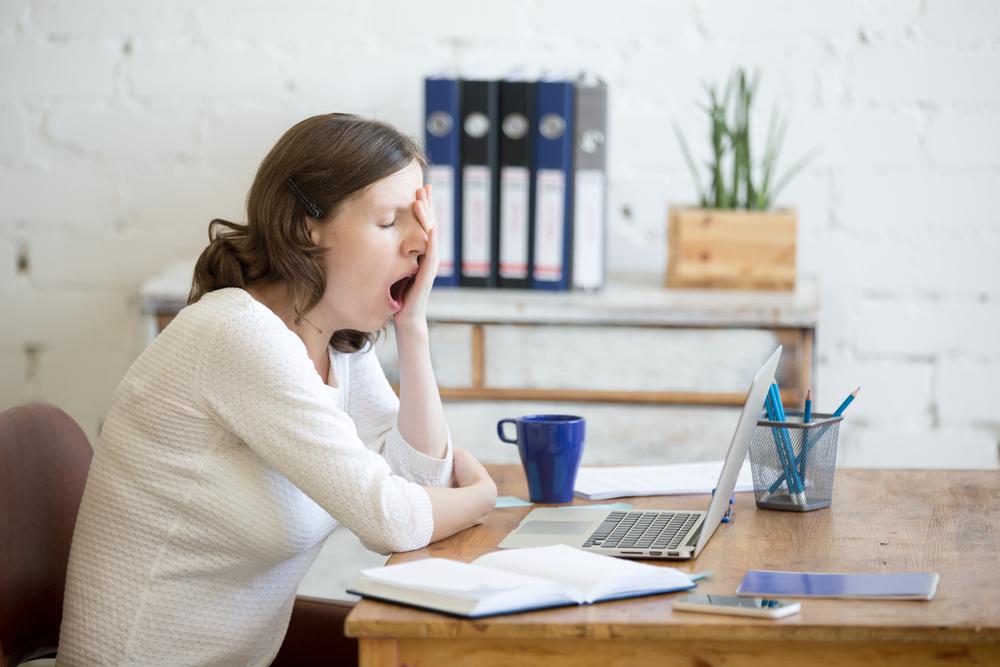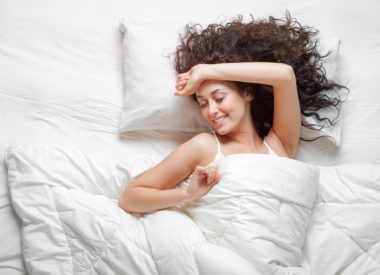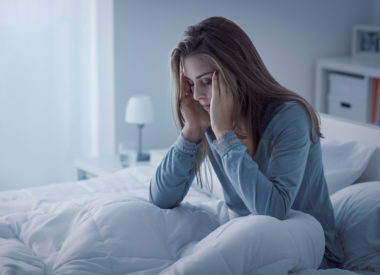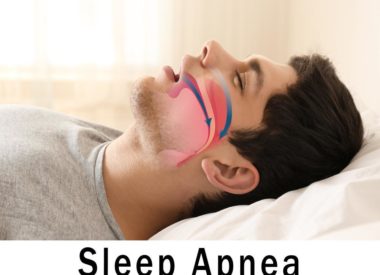FAST FACTS: 10 clues you might be sleep deprived
The constant yawning, need for naps during the day, and struggle to get out of bed in the morning even after a full night of sleep are clear signs of sleep deprivation. But they aren’t the only ones.
Here are ten other signs of underlying sleep deprivation that you might not be aware of:
-
You have had a few fender benders recently. Sleep deprivation is one of the key causes of drowsy driving, which can happen even if you don’t fall asleep at the wheel. Even if you have only 2 minor collisions (or other motor vehicle accidents) over a short period of time, you should be suspicious.
-
You can’t make simple decisions. If the question, “What’s for dinner?” generates a blank for you, it might be a sign that you aren’t getting adequate sleep. Your brain needs deep sleep just as much as your body does. Without it, the processing that decision-making requires slows down, and it becomes hard to concentrate.
-
You’re hungry all day. You may feel you need to sleep for energy or to stay awake. When you are sleep deprived, your hormones fall into imbalance, leading to too much of some hormones and too little of other hormones. The result is behavior like eating all day long, and eventual weight gain, both caused by changes in metabolism due to sleep deprivation.
-
You catch every virus that goes around. Your immune system requires that you get enough sleep so it can function properly. Without enough sleep, it is not strong enough to fight off random viruses, and that means you’re more likely to catch everybody’s cold or flu virus and hold on to it for weeks.
-
You feel gloomy or irritated for no apparent reason. This is another aspect of brain chemistry imbalance caused by lack of sleep. When hormones shift, one of the side effects is mood dysregulation. You might feel especially weepy for no reason, or aggravated by simple things, or in an emotional limbo. Sleep and mood disorders go hand in hand.
-
You have become a klutz. Your motor skills can be affected by sleep deprivation. The brain simply works less efficiently and messages to the muscles are slow or delayed, leading to the frequent dropping of objects. If you work with your hands in any way (computers, machinery, handheld instruments, in example), you will notice the lag in your dexterity.
-
You forget names, phone numbers, or other normally familiar things. You may experience repeated problems with word finding, when the words are “on the tip of your tongue.” A recipe you’ve memorized might become completely blank in your memory. Comprehension of reading material could be difficult.The brain is tired, and this directly affects access to memory.
-
Your vision seems impaired even though a visit to the eye doctor says everything is fine. The eye is operated by muscles that can become fatigued without proper amounts of sleep to recharge. Due to the effects of sleep deprivation, you could experience problems with tracking objects or focusing as a result.
-
You’re experiencing poor skin or breakouts. Sleep is the time when your body can provide healing and recovering at the cellular level. If you can’t achieve the deep sleep necessary to perform these functions, the result is aging, wrinkles, dull skin, and blemishes.
-
Your sex life is on the down low. Either you fall asleep as soon as your head hits the pillow, or your sex drive seems to be on the fritz. Sleep deprivation causes hormonal imbalances that affect libido. The best remedy for this problem is not medication, however… it’s getting caught up on lost sleep.
Please contact us with your concerns about sleep loss so we can help point you in the right direction for achieving solid, quality sleep, night after night.



